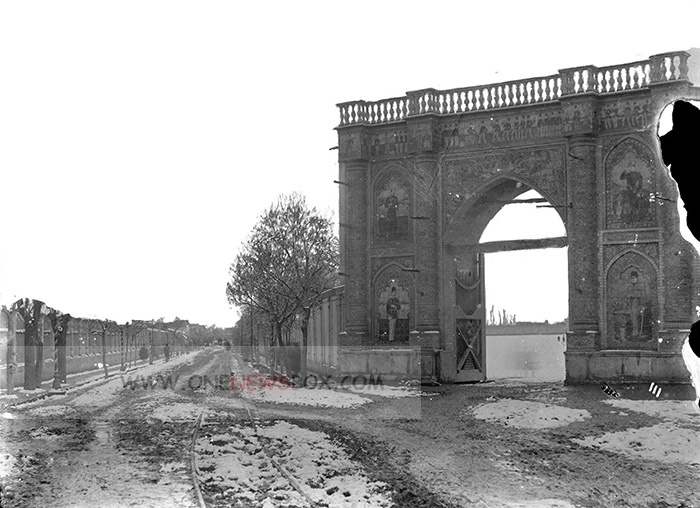This rapid change made the country more vulnerable to global market fluctuations and, because of an increase in acreage devoted to nonfood export crops, periodic famine. Simultaneously, in an effort to increase revenue, Qjr leaders sold large tracts of state-owned lands to private owners—most of whom were large merchants—subsequently disrupting traditional forms of land tenure and production and adversely affecting the economy.
